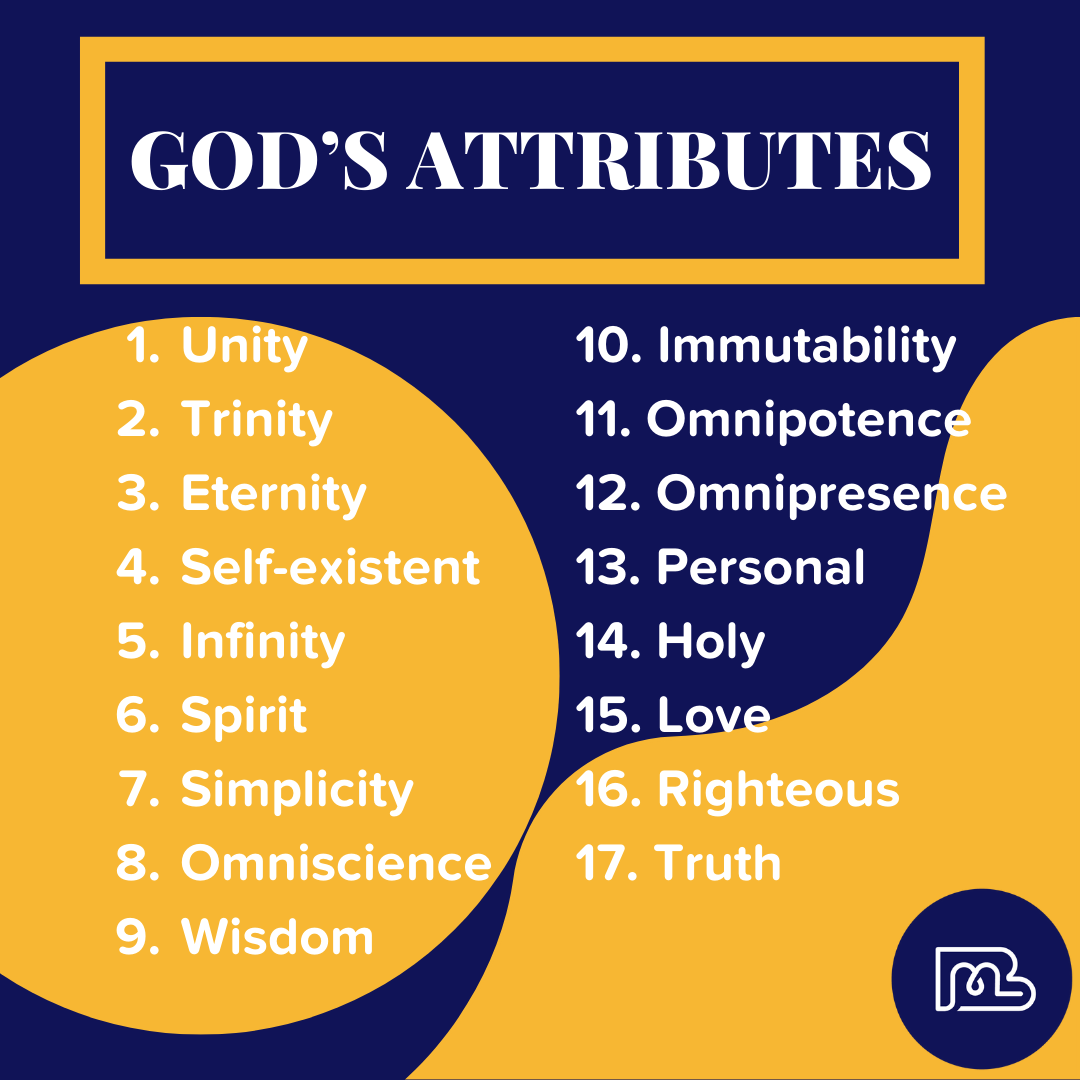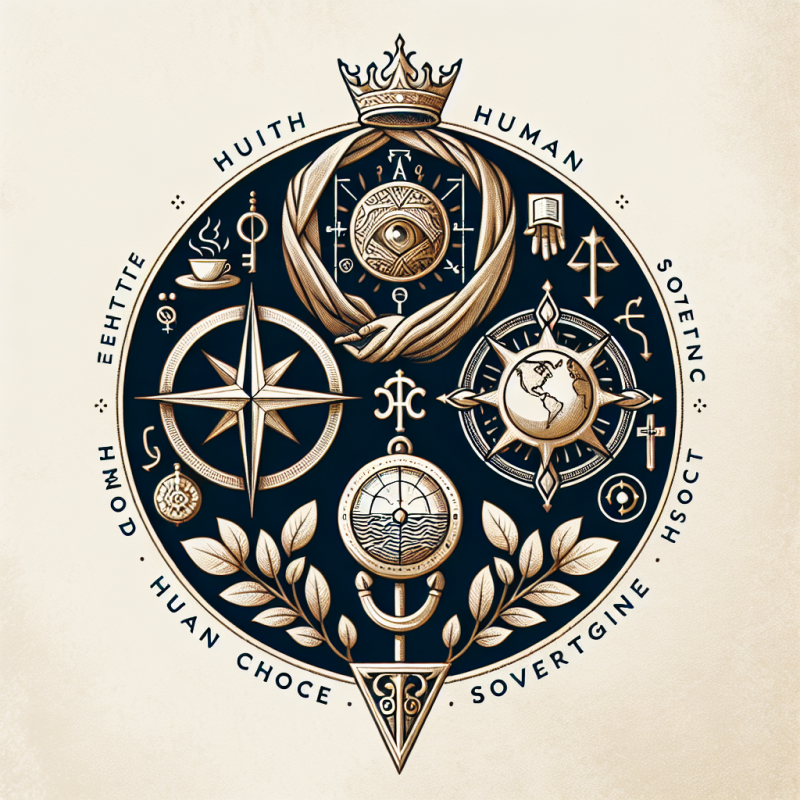“`html
Exploring Perfect Being Theology: Understanding God’s Divine Attributes
As I reflect on my spiritual journey, one of the most profound areas of exploration has been the concept of Perfect Being Theology. This theological framework offers a lens through which we can understand the nature of God by examining His divine attributes. Concepts like omniscience, omnipotence, omnibenevolence, and freedom are often viewed as “maximal” or “infinite” in their expression. But as I’ve delved deeper, I’ve come to appreciate the complexities and nuances of these attributes. Are they expressed uniformly, or do they reveal different dimensions of God’s perfection?
What is Perfect Being Theology?
In Christian theology, Perfect Being Theology posits that God is the greatest conceivable being—one with all attributes maximized to perfection. Rooted in classical philosophy and theology, this idea is famously articulated by Anselm of Canterbury, who described God as “that than which nothing greater can be conceived.” For me, this framework serves as a starting point to grapple with the profound nature of God and His divine attributes.
But as I’ve considered these attributes, I’ve recognized that terms like “infinite,” “maximal,” and “perfect” can mean different things depending on the context of the attribute. For instance, infinite knowledge might intuitively appear different in nature from infinite goodness or infinite power. Understanding these subtleties can refine how we engage with our faith and deepen our comprehension of the divine mystery.
Key Divine Attributes: Distinct Yet Unified?
The first question that comes to my mind is whether all divine attributes operate similarly when expressed as maximal or infinite. Here are some reflections on individual attributes:
- Omniscience (All-Knowing): God’s omniscience refers to His ability to know all things. From my experience in technology and artificial intelligence, I’ve often marveled at the idea of “knowledge” as a structured and dynamic entity. Infinite knowledge in a divine context might feel overwhelming, but it’s also fascinating to imagine how God’s omniscience transcends time and space, encompassing past, present, and future realities.
- Omnipotence (All-Powerful): Omnipotence is often seen as the ability to do anything logically possible. The elegance of this attribute ties it to God’s sovereignty, revealed often in scripture. Yet, this power is not arbitrary; it’s always exercised within the framework of God’s goodness and wisdom, making it distinct from human conceptions of limitless power.
- Omnibenevolence (All-Good): Goodness is a more complex attribute to define. Unlike knowledge, which is measurable in terms of knowing “everything,” goodness intertwines with moral and relational dimensions. There are various kinds of goods—justice, mercy, compassion—and each expresses God’s perfect nature in ways that actually enrich, rather than simplify, our understanding of Him.
These attributes might feel like separate aspects of God at first glance. However, the doctrine of Divine Simplicity suggests a stunning unity. According to this perspective, all of God’s attributes flow from His singular divine essence. For example, His omnipotence is not merely linked to His omnibenevolence—it is His omnibenevolence in action.
Reconciling Potential Tensions Between Attributes
While God’s attributes are unified, sometimes philosophical challenges emerge when we examine them in light of human experience. For instance, if God knows everything (omniscience), how does this reconcile with human free will? This question has led some to explore alternative interpretations, such as Molinism or even aspects of Open Theism. One way to navigate this tension is to understand that our finite perspective might not fully grasp how God’s knowledge interacts with freedom.
| Attribute | Maximized Expression | Potential Challenges |
|---|---|---|
| Omniscience | Knows all truths and possible realities | Reconciling foreknowledge with human free will |
| Omnipotence | Can do all that is logically possible | Addressing the “problem of evil” |
| Omnibenevolence | Perfect in goodness and moral action | Understanding justice vs. mercy |
These challenges are not obstacles to belief but invitations to deepen our understanding. For example, reconciling God’s omniscience with human freedom reminds me of prior discussions in this blog, such as “Understanding God: Bridging the Knowable and Unknowable”, which explored the interplay between what can be understood about God and what remains a mystery.
Prioritizing Divine Attributes: Is it Necessary?
Another fascinating aspect of the discussion is whether some attributes are more central than others. If theological challenges necessitated a re-examination of one or more divine traits, which might take precedence?
For me, God’s agency is foundational. God, as the ultimate Creator, is the divine agent through whom everything exists. Omniscience and omnipotence might be redefined slightly under specific philosophical frameworks, but the foundational concept that God is the ultimate explainer—the One who brings meaning and purpose—remains central to Christian theology.
This invites humility. The richness of God’s nature means that even centuries of theological exploration cannot exhaust His reality. It’s a dynamic process, one that echoes broader reflections on human consciousness and spirituality, like those discussed in our recent blog post “Human Consciousness: Exploring Beyond Neurology and Embracing Spiritual Dimensions.”
Applying These Ideas to Christian Living
As we navigate questions about God’s perfection and divine attributes, one practical takeaway emerges: these theological discussions should inspire worship, surrender, and community. Perfect Being Theology is not about abstract speculation; it’s about recognizing the greatness of God and responding in faith.
Reflecting on my experiences, particularly in moments of suffering and doubt, these attributes become a source of comfort. God’s omniscience assures me that my struggles are known. His omnibenevolence promises that they are part of a greater good. And His omnipotence ensures that He has the power to bring redemption even in my darkest hours—reminding me of the profound concepts explored in “Why This Isn’t the Best Possible World and What It Reveals About God’s Purpose.”
Conclusion: Perfectly Complex, Yet Beautifully Unified
Perfect Being Theology invites us to contemplate the divine, not as an intellectual puzzle but as an act of faith and wonder. By exploring God’s attributes—individually and in their profound unity—we move closer to the heart of what it means to know and love the Creator. Each attribute reveals a window into God’s majesty and invites us to live out our faith with renewed purpose.
I encourage you to reflect on these attributes in your own life, not just as theological terms but as expressions of God’s profound love and sovereignty in our daily experiences. As we wrestle with these questions together, let us embrace the mystery and beauty of God’s perfection with both awe and humility.


Focus Keyphrase: Perfect Being Theology
“`




Thank you for reading! I wrote this article to share my thoughts and insights. I’d love to hear your feedback and discuss further in the comments!
This was a helpful read. Looking forward to more content like this!